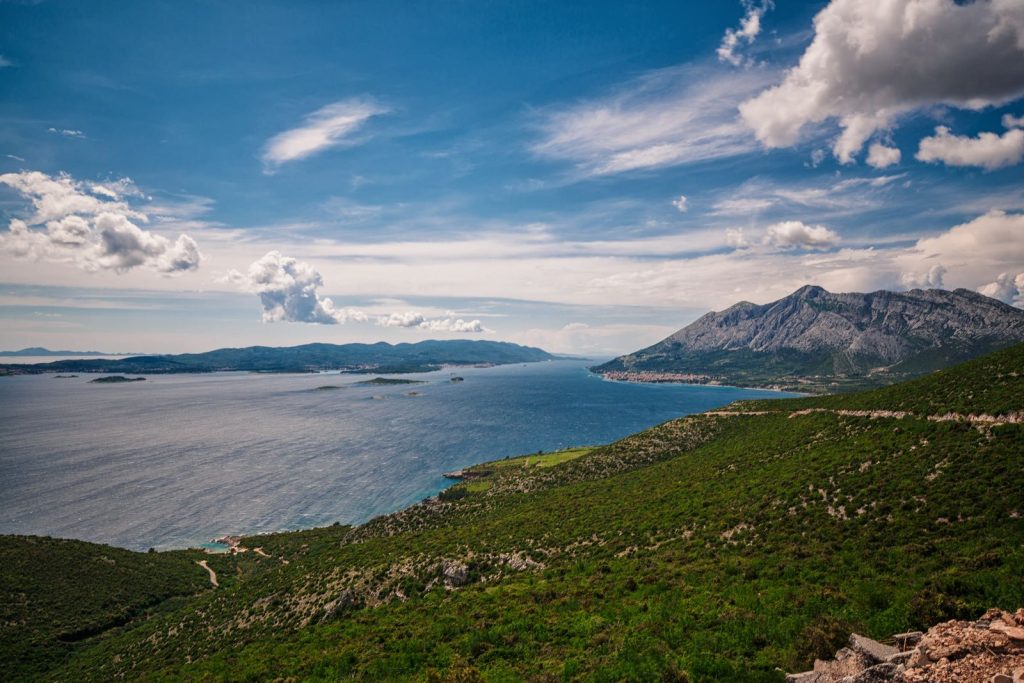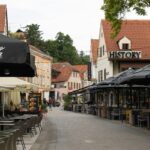As Morski writes on the 14th of June, 2020, the Think Green ecological action on Peljesac close to Trstenik came to an end after a couple of days of demanding work. There were nineteen clean up actions in a row and the main organisers of it all, as well as the holders of the Think Green project, are as follows: Diving Club Roniti se Mora, National Geographic Croatia, Mares, Hrvatske Vode, Jamnica, Garmin, ESET NOD32, Zagrebačke pekarne Klara, Pivovara Medvedgrad, Edivo, Grgić Vina, Konoba Vitaceae, Fast Food Z, Bezek, DC Blue Planet, OPG Branko Džajić, D’Oro Grill, Caffe bar Felix, Stijena, Pizzeria Riva, Poljanić, Septem pontes, Pons, Postir and Scubalife.
The seabed in Trstenik and Zaglavak on Peljesac was cleaned up by as many as 40 divers and several volunteers, who were joined by the locals from Trstenik. Incredibly, over 400 bags of plastic waste, dozens of car tyres and batteries, parts from boats, a plastic pipe which was over two metres in length, one hundred metres of steel cables, old pots and chairs were taken out of the sea, which were then properly disposed of by the employees of the Bilan utility company. Approximately five tonnes of waste was collected in bags in total.
Diving parachutes, hooks and even boats were used to extract large debris. Mines and other explosives were found under the water, as well as a significant amount of medical waste lying around on the beach. After such actions, no one expects the seabed to be completely cleaned, but the educational effect is immeasurable.
Several tonnes of removed waste and garbage aren’t negligible, but the real goal of such eco-actions is not only the cleaning and removal of the waste itself but also educating of local citizens, encouraging more responsible behaviour and pointing out the growing danger of pollution. The real goal is raise general awareness and as such, reduce pollution overall. This action on Peljesac achieved both goals in the right way.
Perhaps the biggest undertaking of this particular action on Peljesac was done on Zaglavak beach, which was covered with garbage, which mostly comes up from Albania, carried by the currents of the Adriatic sea.
For more, follow Total Eco Croatia.








